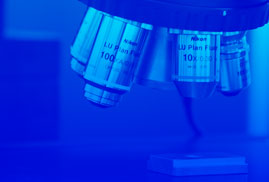The leveling or straightening operations are applied after hot working to ensure that the material has the required surface quality for further practical applications. During these processes, each differential volume element of the profile or sheet at both sides of the neutral axis undergoes a low cyclic strain reversal path due to the applied loading sequence. Traditionally, these operations have been carried out at low temperatures; however new sheet metal production lines can pre-flattened the material at intermediate temperatures, just after hot rolling.
Industrial performance has shown that uncontrolled leveling operations may affect negatively the mechanical properties of the material. The mechanical and microestructural evolution during leveling processes at warm temperatures is an issue that has not been studied in detail so far. In this line, this thesis has been focused on the study of the effect of cyclic strain reversals at intermediate temperatures on the mechanical behavior and microstructural evolution of two low carbon steels. This thesis is a continuation of the research line carried out in Ceit- ik4 and Tecnun in the Thermomechanical Treatments Field. The work has been divided into the following points:
This work has been developed within a European project funded by the Research Fund for Coal and Steel entitled "Optimization of Finishing Processes for Eliminating Rectification of Plate and Section Products", running from July 2007 to December 2010. The aim of this project has been the optimization of the hot/warm rectification processes to reduce, and eventually eliminate, the need for cold rectification. Other industrial and technological partners as Corus (now Tata) Steel UK Limited (United Kingdom), Riva Acciaio SpA (Italy) and Akademia Gornicza-Hutnicza (Poland) together with CEIT have been involved in this project.


